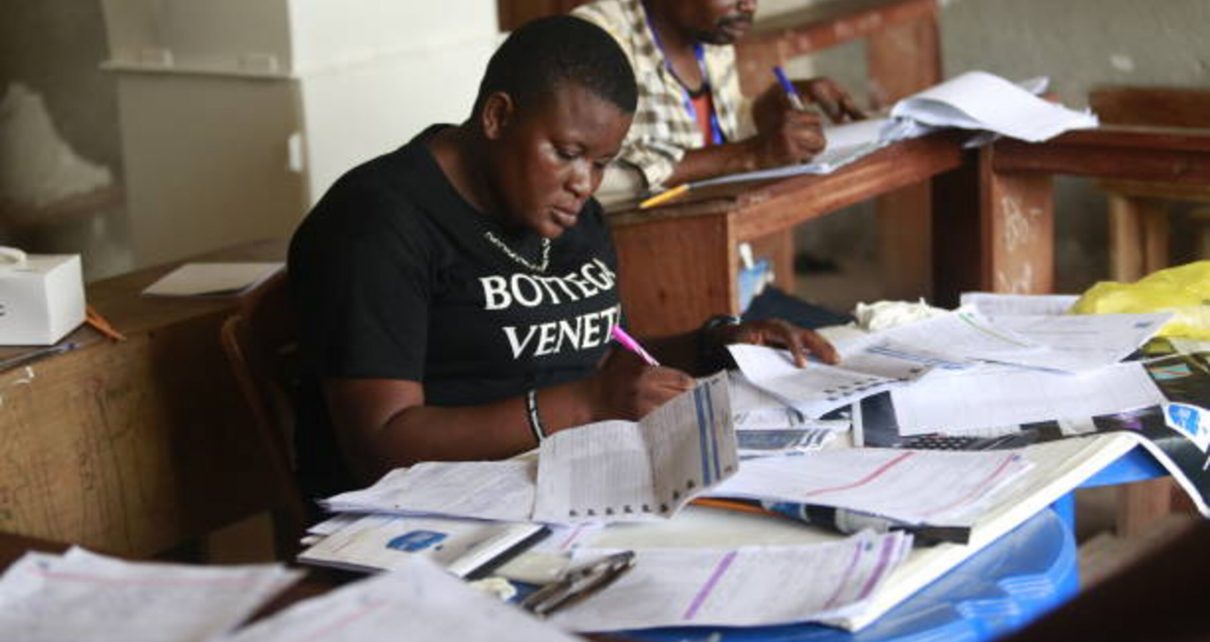Despite a ban from authorities and preliminary results showing President Felix Tshisekedi in a significant lead, opposition candidates in the Democratic Republic of Congo are determined to march in Kinshasa on Wednesday, alleging election irregularities.
Martin Fayulu, a prominent contender challenging Tshisekedi, emphasised the opposition’s conviction that the election was fraudulent. “We are going to protest because we can’t accept another electoral coup d’etat,” Fayulu asserted, reaffirming their commitment to demonstrating against alleged irregularities.
Vice Prime Minister Peter Kazadi countered the opposition’s intentions, stating the march lacked legal grounds and aimed to undermine the ongoing work of the election commission. Kazadi urged patience for the full results instead of protests, emphasising the importance of allowing the electoral process to proceed without disruptions.
Election disputes in Congo have historically fueled unrest, posing a threat to stability in the country, which faces widespread poverty and insecurity, especially in its eastern region, despite being a major cobalt and copper producer.
The electoral process itself faced challenges, marked by delayed deliveries of election materials, technical malfunctions, and disorganised voter registers. The decision of the election commission (CENI) to extend voting at stations that failed to open on election day has drawn heavy criticism from protest organisers, terming it unconstitutional and demanding a complete re-run of the election.
While CENI acknowledged delays, it refuted claims that the vote’s credibility was compromised due to the extended voting period. As results gradually emerge, Tshisekedi leads the race, garnering almost 79% of around 6.1 million votes counted so far, with businessman Moise Katumbi and Martin Fayulu following behind.
The commission, however, has not disclosed the total voter turnout or clarified the current vote count concerning the total votes, fueling tensions amid the ongoing election dispute.



